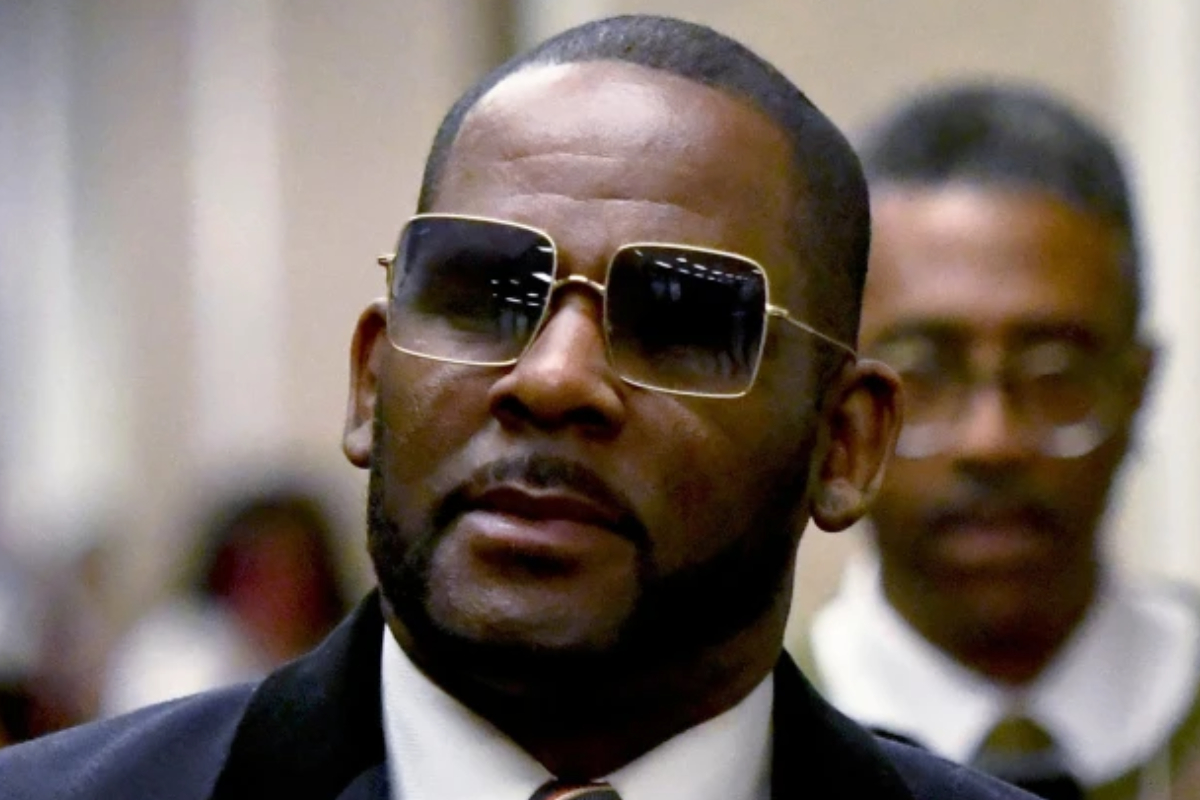NEW YORK: R. Kelly’s lawyer told an appeals court Monday that all kinds of legitimate organizations — even college fraternities — could be deemed racketeering organizations under a law used to convict the R&B superstar at his Brooklyn trial of sexually abusing young fans, including children, for decades.
Attorney Jennifer Bonjean, seeking to reverse his 2021 convictions or to win him a new trial, tried to persuade three judges on the 2nd U.S. Circuit Court of Appeals in Manhattan that prosecutors improperly used a racketeering statute written to shut down organized crime to go after the singer.
She said it wasn’t fair that prosecutors charged Kelly, 57, with leading a Racketeer Influenced and Corrupt Organization (RICO) enterprise from 1994 to 2018 compromised of individuals who promoted his music and recruited women and girls to engage in illegal sexual activity and to produce child pornography.
“This was not a collection of people who had a purpose to recruit girls for sexual abuse or child pornography,” Bonjean said. “Whether they turned a blind eye, whether some of them suspected that some of these girls were underage, that’s a whole different matter.
“And once we get into that sort of territory, where we’re going to say that constitutes a RICO enterprise, well we have a lot of organizations — we have a lot of frat houses — we have all types of organizations that are now going to become RICO enterprises,” she said in support of singer.
The judges did not immediately rule, but they had plenty of questions for Bonjean and a prosecutor who defended the government’s handling of the case, which resulted in a 30-year prison sentence in June 2022.
Assistant US Attorney Kayla Bensing said Kelly’s network of aides and employees were part of the singer’s “system in place that lured young people in to his orbit” before he “took over their lives.”
At trial, several women testified that they were ordered to sign nondisclosure forms and were subjected to threats and punishments such as violent spankings if they broke what one referred to as “Rob’s rules.”
Some of the judges questioned whether the employees knew about Kelly’s illegal activities with teenage girls. The prosecutor responded by citing numerous instances of testimony, including one in which a woman testified that she told a member of Kelly’s entourage that she was 16 when he asked her age.
She noted others knew some girls were not yet 18 because they booked flights for them and the girls had to provide their birth dates.
Kelly, born Robert Sylvester Kelly, is known for work including the 1996 hit “I Believe I Can Fly” and the cult classic “Trapped in the Closet,” a multipart tale of sexual betrayal and intrigue.
He was adored by legions of fans and sold millions of albums, even after allegations about his abuse of young girls began circulating publicly in the 1990s.
He was acquitted of child pornography charges in Chicago in 2008, but a second trial in Chicago in 2022 ended with his conviction on charges of producing child pornography and enticing girls for sex.
Widespread outrage over Kelly’s sexual misconduct didn’t emerge until the #MeToo reckoning, reaching a crescendo after the release of the documentary “Surviving R. Kelly.”


